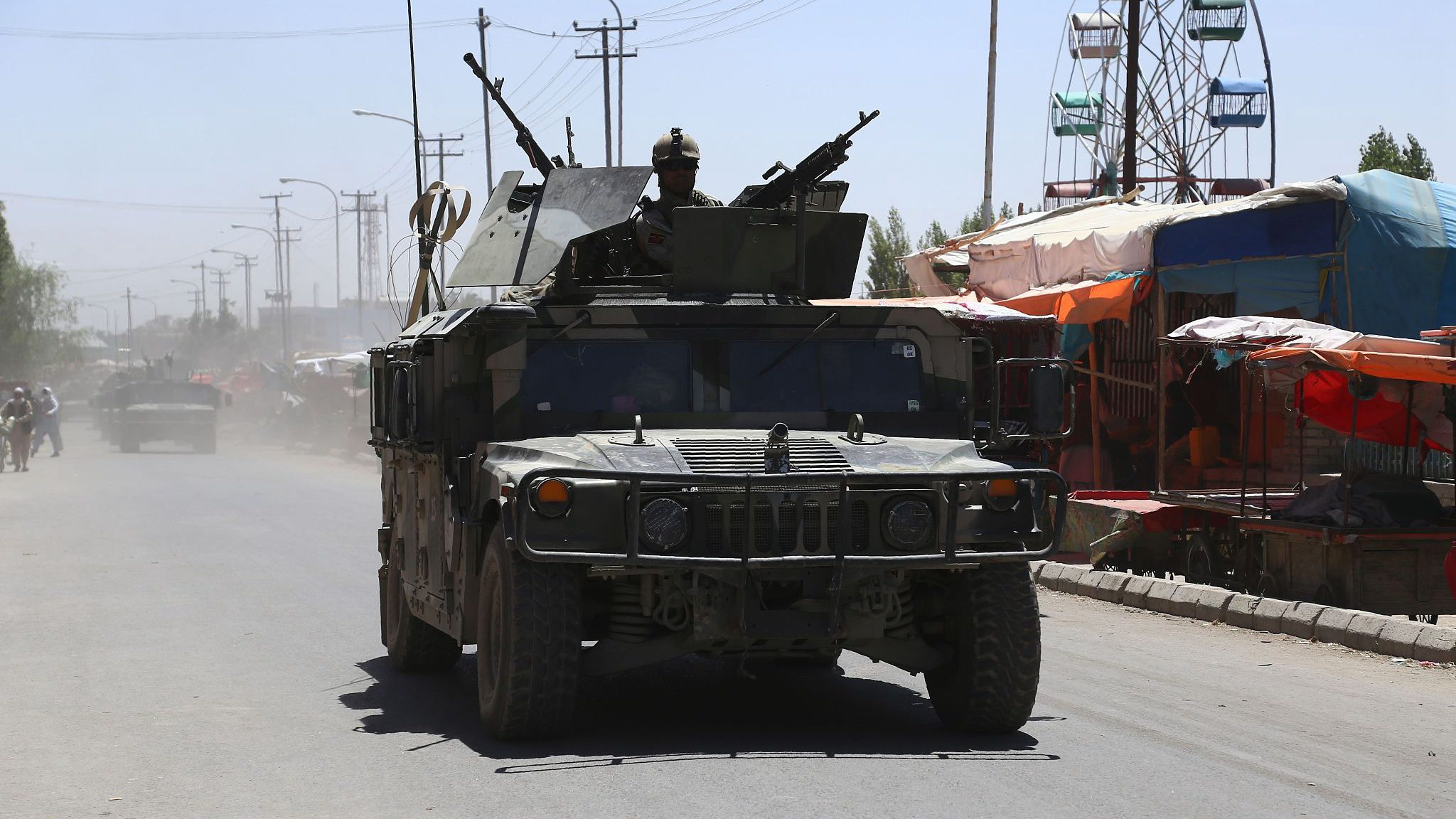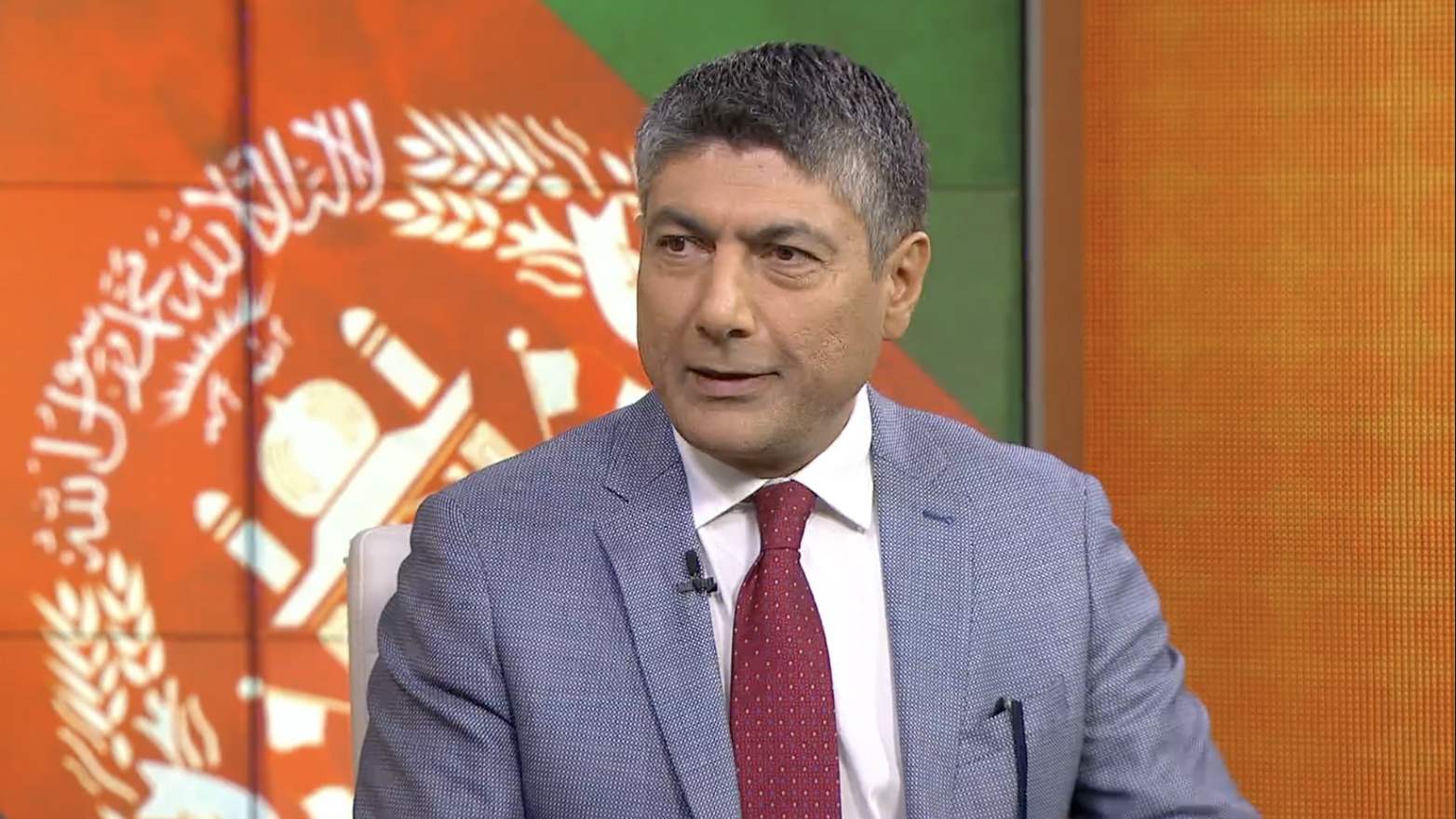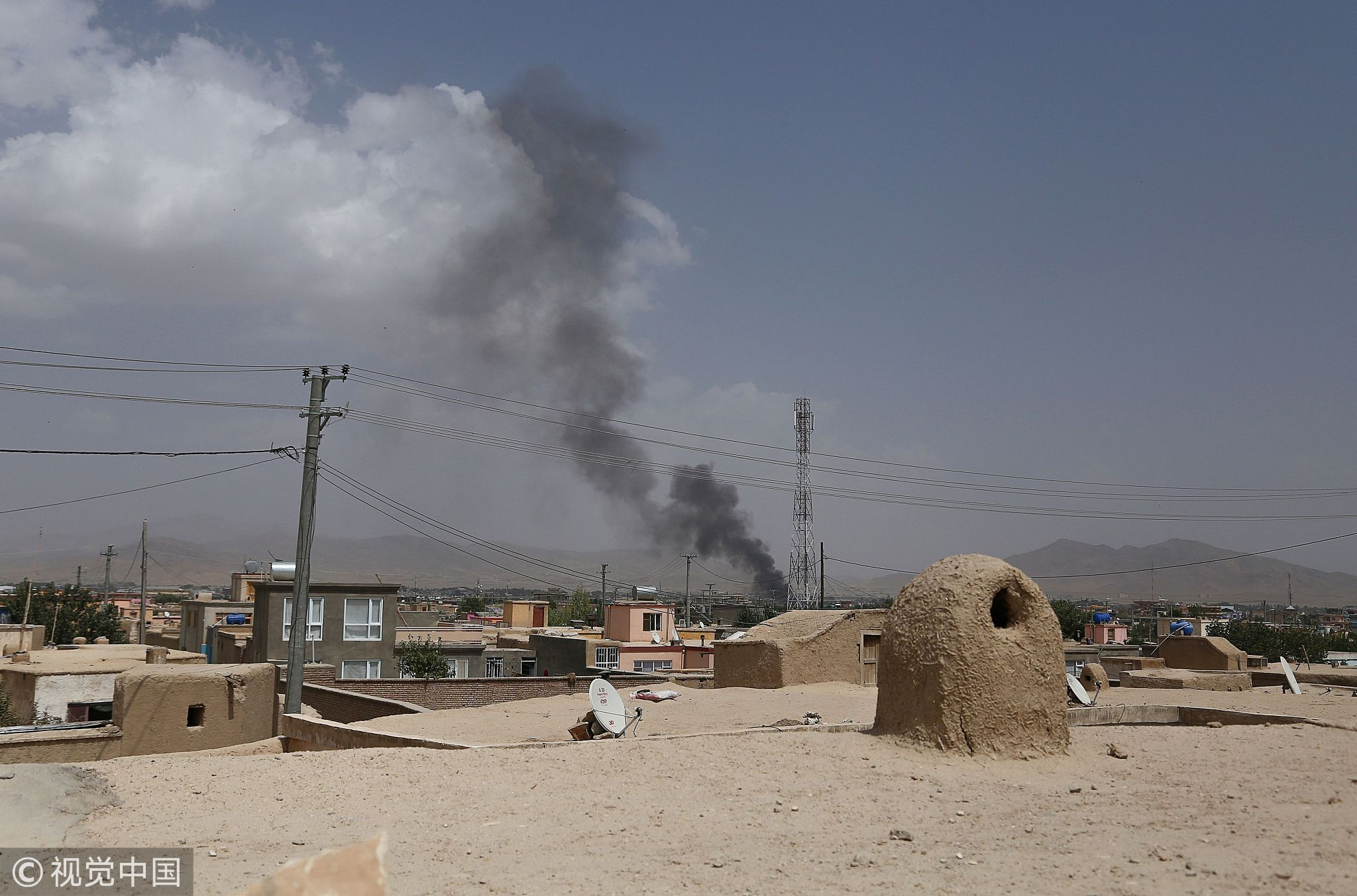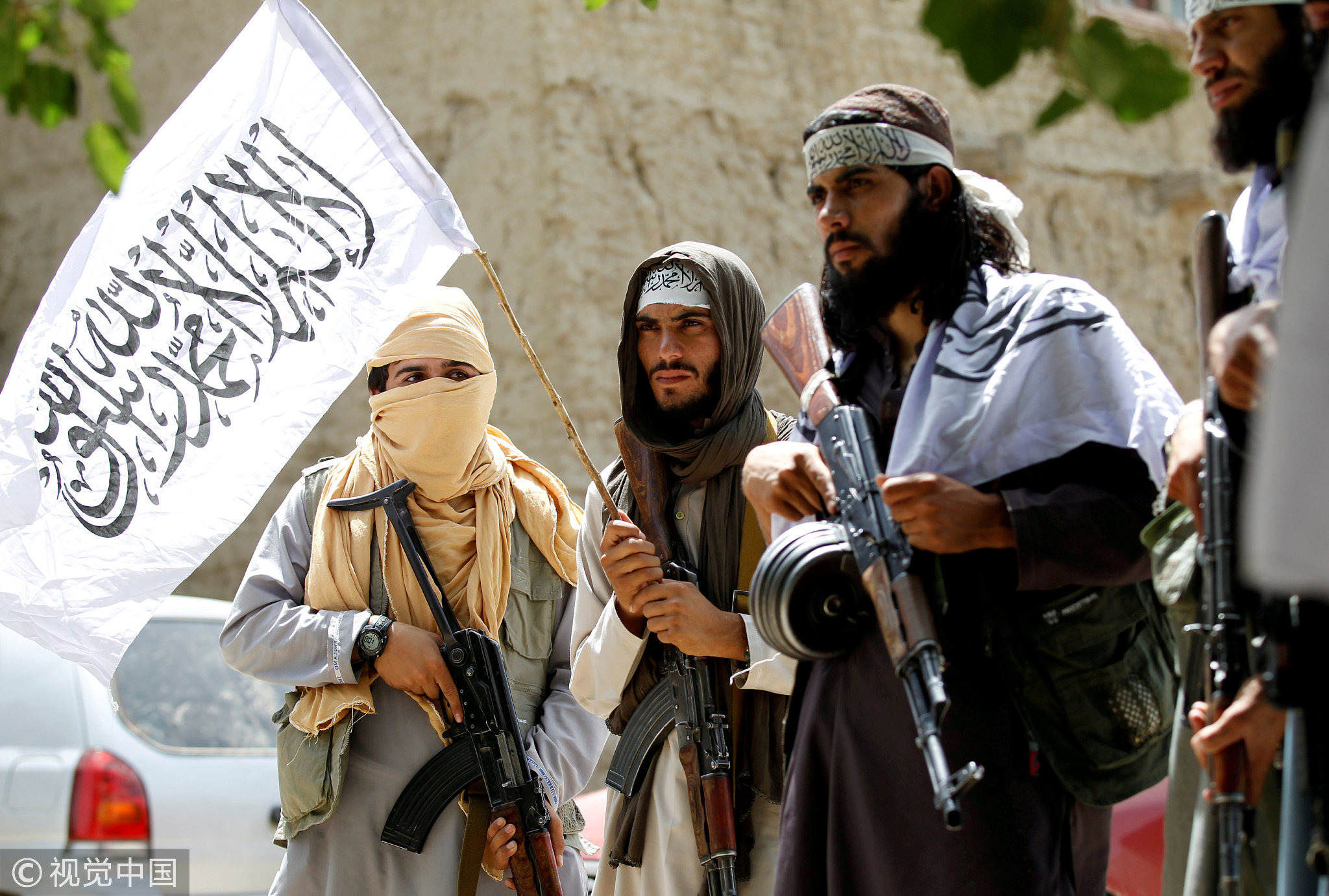
Opinions
12:00, 22-Aug-2018
The Heat: Peace between Afghanistan and Taliban will take years to reach
Updated
11:47, 25-Aug-2018
CGTN's The Heat

As Afghanistan celebrated the Eid al-Adha, the Festival of Sacrifice, and the 99th anniversary of Afghanistan’s independence, the government called for a truce with the Taliban. However, the Taliban rejected the proposal and took 200 people hostage, including at least 170 civilians and 20 Afghan security forces.
17 years after the US invasion of the country, the situation has become more complicated as Pakistan, India, Iran, and other countries have become involved.
This is not the first time that president Ghani offered peace talks with the Taliban, but his years-long effort have not yielded much of a result. The main problem hindering the government, according to an Afghan official, is the massive amount of options taken by the government.
“People are still bearing hope,” said Omar Samad, the former Afghan Ambassador to France and Canada, “But they are also confused by the consistency of the strategy. Sometimes there are attacks, sometimes overtures out of no reason.”
01:30

The Taliban, on the other hand, is quite consistent in their objectives over the years. They are well aware that conquering the majority of the country is of little hope, but their tactics of creating fear remained unchanged.
The problem even grew more complicated with intervention from neighboring countries.
“It’s an open secret that Pakistan has been supporting the Taliban for decades now,” said Raza Ahmad Rumi, a visiting faculty at the Cornell Institute for Public Affairs, Cornell University. “Things get complicated when you realize there is an Indian factor of Pakistan’s intervention, because the two have long been in a territorial dispute.”
However, even though Pakistan has been offering sanctuaries for wounded Taliban, the country is now tired of wars. In the past decade, at least 70,000 Pakistani civilians died during the “war on terror”. The foreign minister of the new Pakistan administration announced that it is seeking peace with Afghanistan.
Another major foreign force is the US, whose role during the peacemaking process has changed over time. The commander has stated earlier that “the US is ready for a direct talk with the Taliban”. This, in the eye of Rebecca Zimmerman, a policy researcher with the RAND Corporation, is a sign of changing position.

Smoke rising into the air after Taliban militants launched an attack on the Afghan provincial capital of Ghazni on August 10, 2018./ VCG Photo
Smoke rising into the air after Taliban militants launched an attack on the Afghan provincial capital of Ghazni on August 10, 2018./ VCG Photo
“The US has been shifting its mindset on the way for a final solution,” she said. “Unlike its position in the Philippines, where it acted like a broker or a neutral party, this time it sees itself as a factor in the conflict.”
Rebecca calls the original strategy “population-based victory game”, where the idea is to secure a certain percentage of the population and wait for the conflict to irrevocably favor the government side, but the past 17 years have seen the repeated failure of that strategy.
“It’s a black-and-white interpretation, but the reality is many more shades of grey,” she said.
Right now the Afghanistan war is becoming a “long and expensive war going nowhere”, said Hamid Arsalan, an Afghan analyst and a national security specialist with the National Endowment for Democracy.
“If you look at things 17 years or even 10 years ago, they were much simpler,” he said. “Now there are so many deeply entrenched interests among multiple parties.”

Taliban walk as they celebrate ceasefire in Ghanikhel district of Nangarhar province, Afghanistan, June 16, 2018./ VCG Photo
Taliban walk as they celebrate ceasefire in Ghanikhel district of Nangarhar province, Afghanistan, June 16, 2018./ VCG Photo
Before the Afghanistan government offered a ceasefire, the the Taliban's spokesperson also expressed their willingness for a peace negotiation. This shared wish for peace may seem positive at first, but the interpretation of what that “peace” consists of is still vague.
“We want peace, but not at any cost,” said Raza. “Women’s rights, freedom of information, and many other gains we achieved in the last 17 years should be guaranteed.”
The Taliban almost secured its first urban victory in 2015, which stirred up international fears. However, supporters of the group still remain in a pocket of states in Afghanistan. As the presidential election is around the corner, predictions that the Taliban will ever gain a seat in the political system are out of the question.
“The government should be self-reliant,” said Amor. More importantly, “If we want the Afghan to be in a constructive role rather than a source of a threat to the rest of the world, then we need to put away unrealistic and wishful thinking, and decide what is doable together.”
The Heat with Anand Naidoo is a 30-minute political talk show on CGTN. It airs weekdays at 7:00 a.m. BJT and 7:00 p.m. Eastern in the United States.

SITEMAP
Copyright © 2018 CGTN. Beijing ICP prepared NO.16065310-3
Copyright © 2018 CGTN. Beijing ICP prepared NO.16065310-3